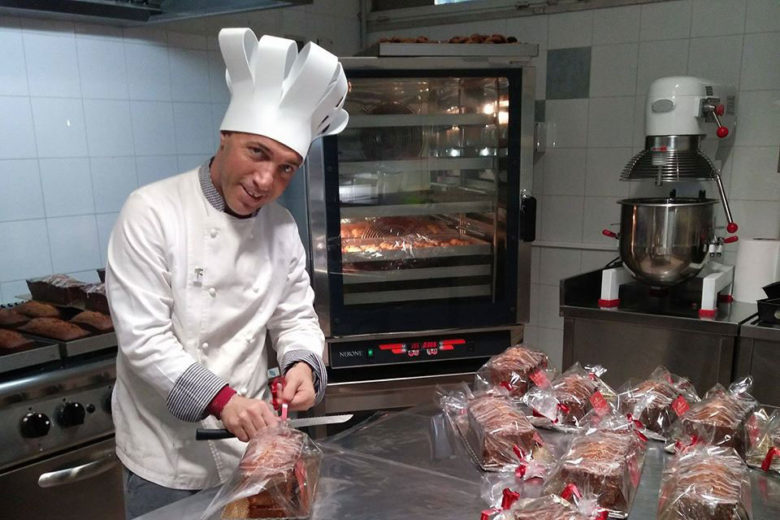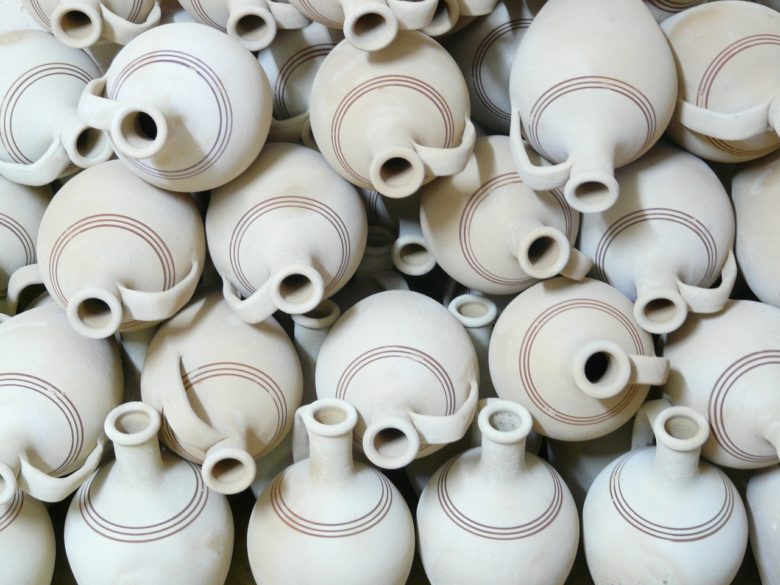Thinking green: recycling our mistakes matters too
Driven by increasingly eco-friendly regulations, we starting to question our approach to “waste” . Are we willing to do the same with errors?
In the age of recycling you don’t throw away anything anymore. The production of disposable plastic objects has proved to be ontologically unsustainable: a drinking straw only has a few minutes (or even seconds) to live but 500 years of latency in the environment. While factories equip themselves for disposable biodegradable products more and more, we are starting to value scraps more: bracelets, chairs and even buildings derived from materials which have more than one life enable us to exploit their potential. But, if in age of recycling you we get rid of things so easily, why shouldn’t we do the same with our own mistakes? Rejected by puritan custom, they are no longer willing to remain under the rug: errors cease to be the bag thrown away stealthily overnight. With the new regulations we are abandoning a lifestyle based on wastefulness and perfection. In what sense could this be true for errors?
Human events and knowledge are series of mistakes. However, for a long time in intellectuals have struggled to discover their value for knowledge. Something changed in the 20th century: amidst the tragedy of the World Wars, the idea that humans learn through trial and error started to gain ground. In this context, Karl Popper, philosopher and epistemologist, made the falsification, instead of verifiability, a parameter to determine science: a theory which can’t be confuted, it’s not scientific. What does it mean? It means, lo and behold, that science is wrong too and this makes it science. «Indeed, by our most ambitious theories, including those that are erroneous, we learn more. Nobody can’t avoid making mistakes. The great thing is learning from them», he wrote in Objective Knowledge. According to Viennese: «avoiding errors is a low ideal». His observations go beyond laboratory: stating fallibility in science is the basis for a free and tolerant society. Accepting and examining our errors, having the chance to fail is the first step to understand that humans move between two abysses, the infinitely great and the infinitely small, as Blaise Pascal realized. It’s the first great step to not “waste” and to not throw away relationships. At a closer look, isn’t exactly what philosophy suggests since its etymon? Philosophy means love for knowledge. When you love someone, you completely love someone, don’t you? So, how can I love just half of knowledge? Errors are meaningful and teach us a lot. They are choices with the addition of a judgment. They sometimes reach counterproductive results which drive us to the dialectics of “ifs”: thus, we learn that every action has a consequence and, if we dislike the consequences, we should avoid certain actions. Other times you find “right errors” and learn that a hitch can move your eye elsewhere giving an unknown dimension to your life.
The cult of recycling, monarch of the “8 Rs” (Reassess, Re-contextualize, Restructure, Relocate, Redistribute, Reduce and Reuse the others), doesn’t pass just by bags, caps and toys but also by choices: being aware means building on what interweaves with our wandering path. And “error” may be a small word but it’s full of “R”.
Translated by Daniela Marsala



